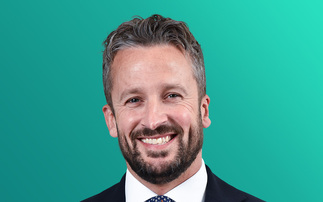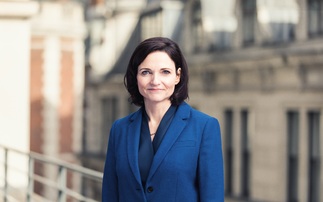
Growth stocks have been the main driver of returns in recent years and investors are as keen as ever to have significant exposure to these assets.
While maximising financial gain is always crucial, investing in a way that also aligns with sustainability goals is a central requirement for many investors. Delivery of enduring growth and enduring good at the same time is a highly prized outcome.
Achieving this is not always an easy task though, with some now viewing ESG investing as ‘broken' and investment managers often struggling to bring the two together.
Speaking at the latest of Professional Adviser's Digital Working Lunches, Baillie Gifford client service director Alasdair McHugh discussed how investors can balance these priorities, and laid out why it is an achievable aim for managers that have a wide perspective on sustainability.
McHugh said he had become a little disillusioned with the direction taken and believes managers need to reframe sustainable investing as a ‘world of opportunities' rather than just a downside protection strategy.
"I think that the responsible investing industry has become pretty backwards looking and focused on ticking the right boxes, and I would say it is always striving to quantify what is inherently unquantifiable," he said.
"There are superficial attempts at asset gathering rather than trying to find a solution to client needs, and that risks undermining what we're trying to do within the responsible investing community."
Although the backdrop is clearly challenging, McHugh told participants that investment managers do have options to take which will put them on the right path.
Firstly, it is important to have a long time horizon.
"At Baillie Gifford we are uniquely placed do that because we have a corporate structure that allows us to run our business with at least a ten-year view if not more, and the culture that flows out of our partnership structures is very supportive of that."
It is only over timeframes of that size that the real benefits of compounding can be seen in returns and the benefit to society of sustainability measures will be reflected in share prices, McHugh explained.
The way funds are structured is also key in McHugh's view. He told participants that Baillie Gifford makes its portfolios more diversified than typical impact funds.
In terms of delivering the ‘enduring growth and enduring good' double header, McHugh explained that the former is characterised by fund managers identifying the rare firms in the market that can grow their earnings at 10% per annum for ten years or more.
Enduring good comes from finding the companies that also have a positive global impact over a long timeframe. Cutting net carbon emissions and protecting biodiversity by influencing suppliers are things that fit the bill in this regard. McHugh pointed to cosmetics giant L'Oreal and coffee chain Starbucks as examples Baillie Gifford has identified.















